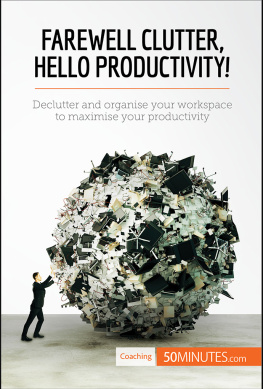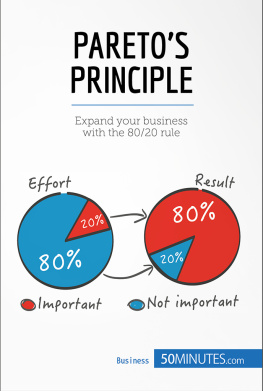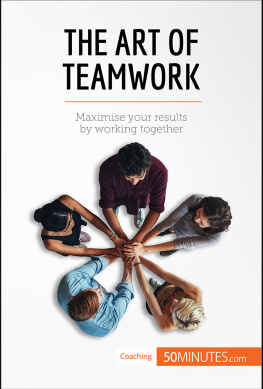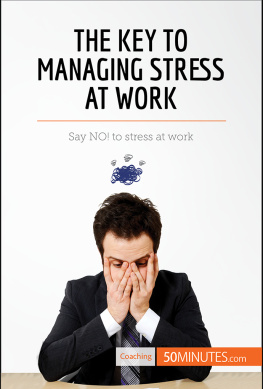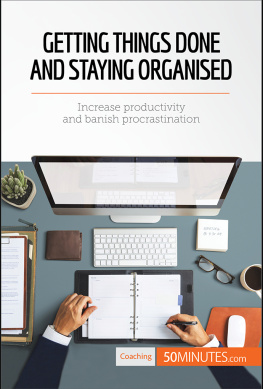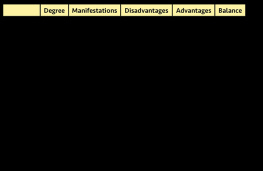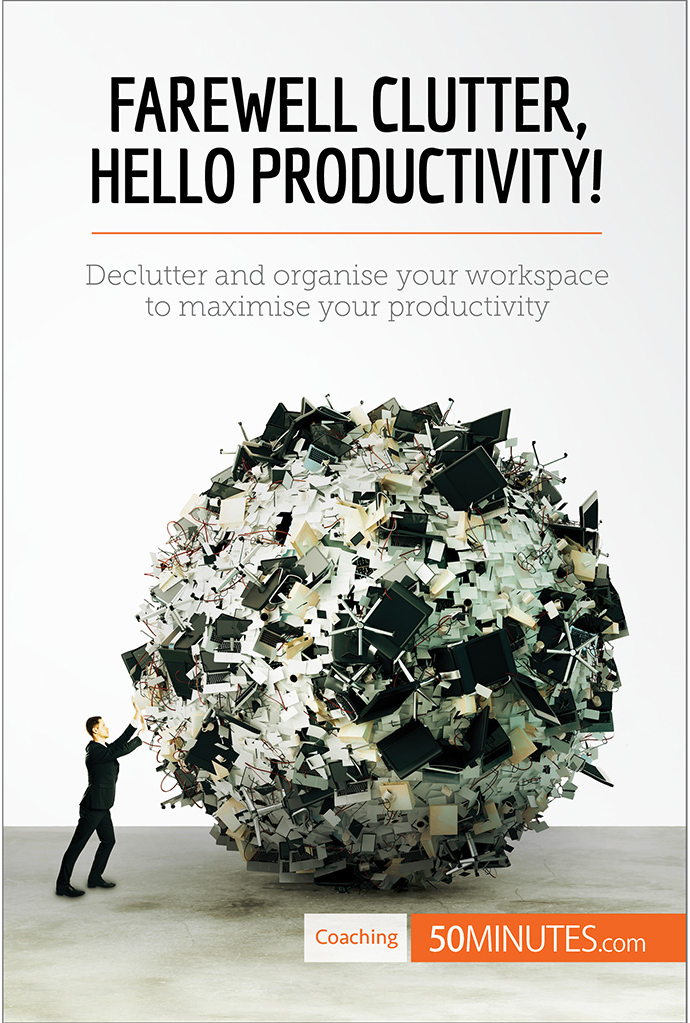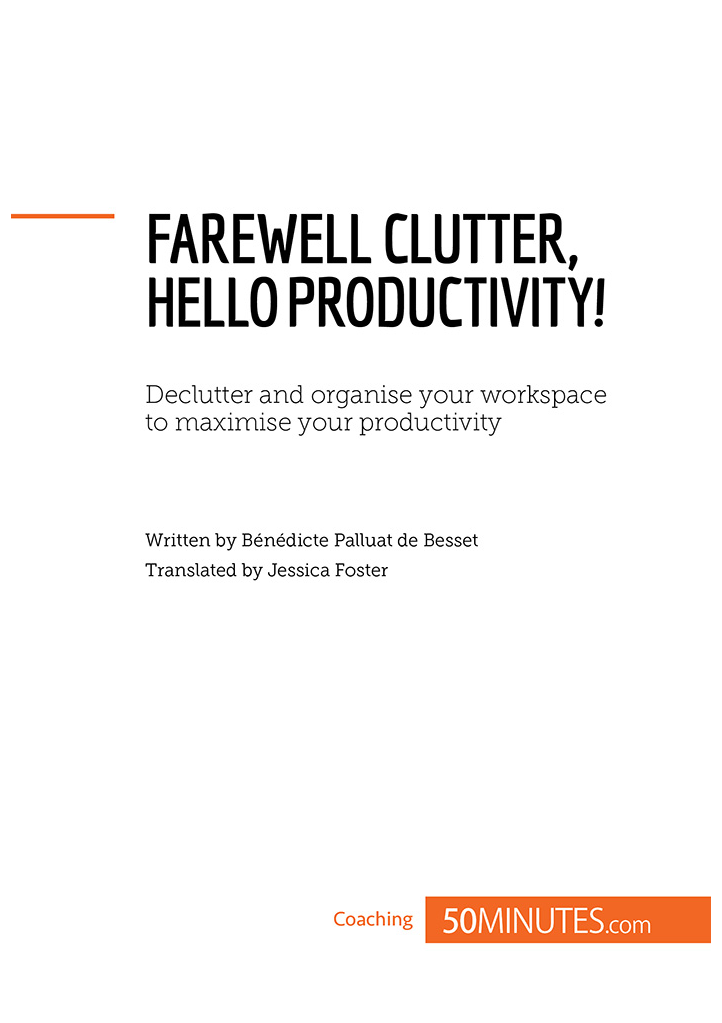While some people have been unable to imagine sleeping in a room that is not perfectly tidy since childhood, others live in a constant state of untidiness that does not seem to bother them.
The ability to get organised is more or less a natural faculty; but even if we are relatively enthusiastic about tidiness, at some point in our lives it often becomes necessary to structure our space. In a professional environment in particular, there is nothing worse than a messy desk to make you feel overwhelmed and as if you can no longer get on top of things! Tidying and sorting allows you to make your work and living spaces healthier, and to clear them out so that you can be more organised and thus save time.
But when tidying becomes necessary for ourselves or others, where do we start? How do we get motivated? What methods do we use? What tricks should we implement to keep on track?
Converting a chaotic life to a tidy life: the basics
You might feel a sense of admiration for your neat and organised peers. You envy your colleagues impeccably tidy desk every evening, without managing to do the same with yours. Sometimes, you reassure yourself by saying that you have no time to get organised, as you have far too many important things to do. Mistake! Taking the time to think and organise your space depending on its requirements and needs later saves you a huge amount of time in your day-to-day life.
When the time for New Years Resolutions rears its head, you always write tidy up in your top ten priorities. But very soon, faced with the enormity of your mess and lacking effective methods, you get discouraged and end up eventually abandoning this ambitious yet helpful plan.
Getting motivated
Sometimes an external factor gives you motivation: the arrival of a new colleague, a longer break from work, moving house. Sometimes, it is also the result of personal awareness yet another hour wasted trying to find that elusive document, and you decide that its time to tidy up.
Archivists often say that a poorly-filed document is a lost document. Indeed, you may well have a wealth of information and interesting sources in your office, but if you cannot use them for lack of knowing where they are, they are not particularly useful. Sorting allows you to take an inventory and get rid of useless things. It is a great opportunity to create space and take back control of your room.
Make a list of all the things you never have time to do and/or all the projects you have been dreaming of starting which, for now, remain outstanding. With all the time and energy you will save no longer having to try out three different pens before finding one that works, and not opening four files before finally locating the piece of paper you need, you will be able to get started on many new activities.
Once you have tidied and reclaimed your workspace, you will certainly enjoy being there more. Given how much time you spend in your office, it is worth feeling comfortable there!
Set realistic targets
Starting a basic tidy-up requires you to be motivated and to stay that way for a short while! It is a real project, which requires you to set realistic goals, according to your requirements and needs.
The first thing to do is to list everything that needs to be sorted (the desk, the pile of paper left by your predecessor, the blue cupboard, etc.). Next, set priorities for everything on the list, then set a frequency, as often as possible, and a deadline for finishing every step of the process. For example, give yourself twenty minutes a day before leaving the office. Remember that a private office and an open-plan workspace are not organised in the same way; just like a bachelor pad is not arranged in the same way as a house with three children in it! The expectations are different and the level of demand is not comparable.
Practical methods for every space
Tidying your desk
This is certainly the first space to tidy. Firstly, it is generally quite simple to get a desk back in order (keeping it that way can be more difficult, but we will suggest some ways of doing that!), which is very motivational. Additionally, as well as being very noticeable, it is a change that you will immediately appreciate on a daily basis.
To do this, sit behind your desk and look at all the things on it so that you can sort them into their proper place.
- Throw away everything that is broken or unusable.
- Give away or set aside the supplies you have two of, or that you no longer have use for.
- Send or forward the documents that do not concern you to the correct recipient, having first informed them by email that these documents will be turning up (date of arrival, number, reason for sending them, etc.).
- Sort everything you do not use on a daily basis into your desk drawers. To do this, consider dividing your space up. Having boxes and/or cases in your desk drawers allows you to make optimum and sensible use of the space. Put your paper clips in an old box for business cards, your stapler and matching staples (it is possible!) in a pencil case, and so on. These tricks will help you to have everything to hand when you need it.
- Finally, keep everything you use on a daily basis within reach. Generally, this is quite limited: a pot of pencils and ballpoint pens (that still work!) and a file with different sections generally do the trick. In this file, try to have a section for documents that are in use, another for documents to be started and a final one for papers to sort. This should certainly not turn into a chaotic file for holding everything, but should be a temporary storage space!
If you have thought through your tidying process, you will be able to reach all your daily tools without moving from your chair.
Extra information
A tidy and organised desk does not have to mean a sad and serious desk! The aim is to turn it into a thought-out, pleasant workspace. Think about turning it towards the light, and feel free to get a green plant, a pretty photo or a frame to go there.
Sorting through your files
When you work on organising your files, the main aim is to make an inventory of the documents in your possession, to sort them and to organise them so that you can get to a piece of paper in less than two minutes.
- To do this, throw away useless documents, forward on papers that are not in your remit and archive old papers.

